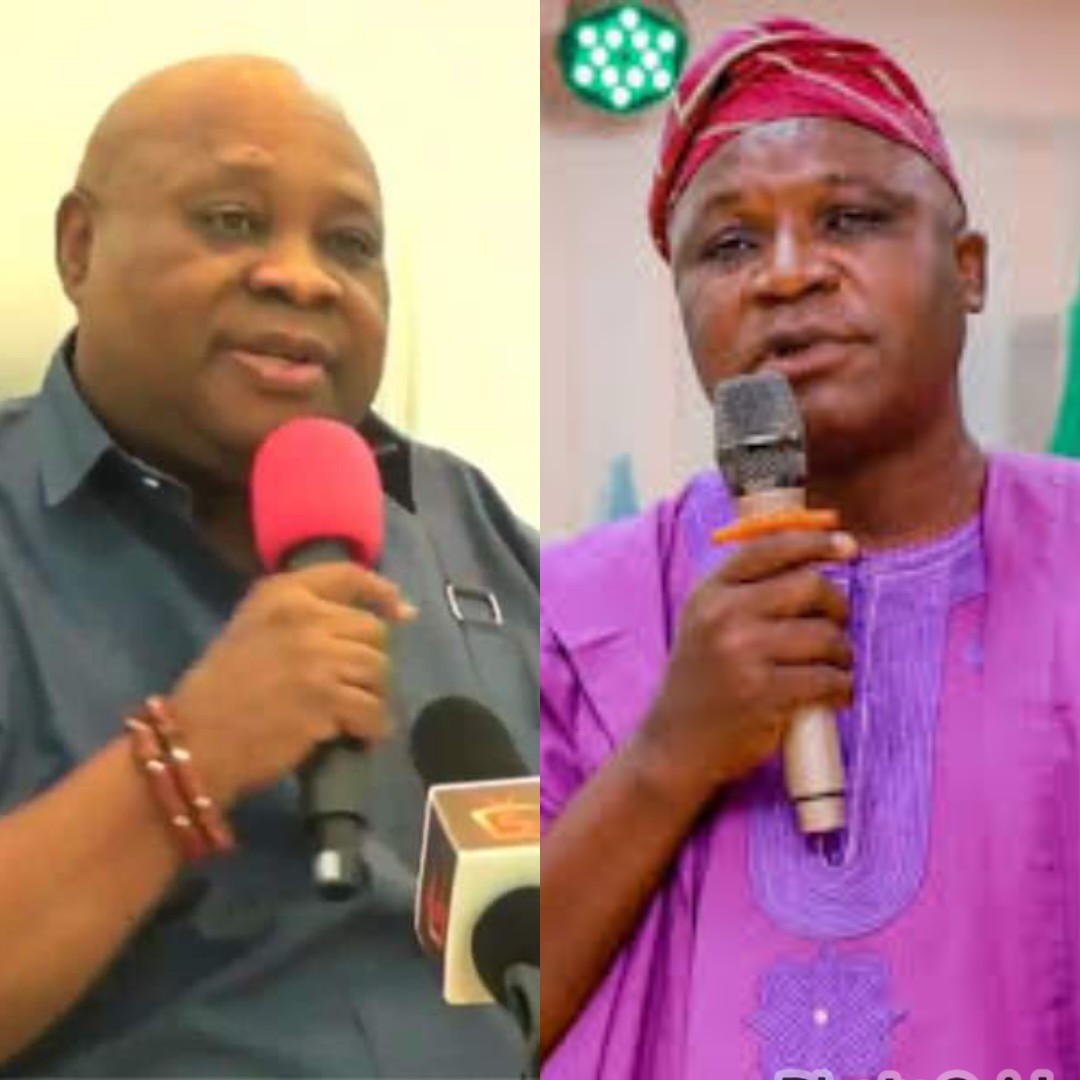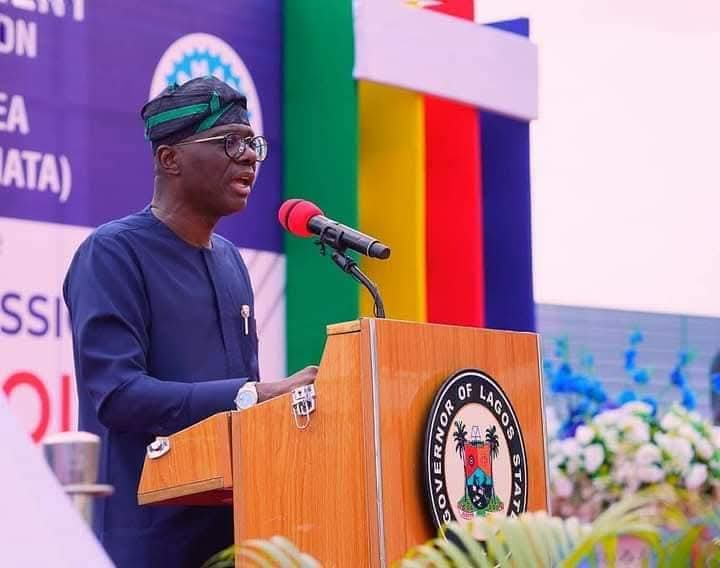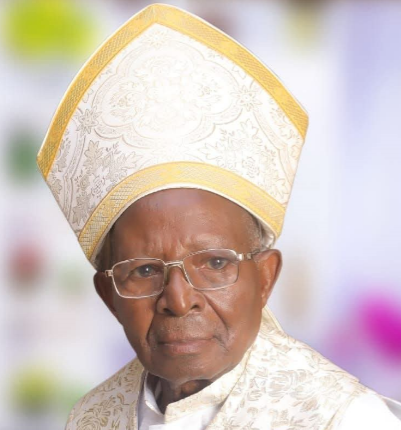Power should shift to the South in 2023, South’s state governors have said.
The call is the highlight of decisions at their bi-partisan meeting – the second in two months – held in Lagos yesterday.
It was the first time that governors across party lines took such a joint decision on the state of the nation.
The position found convergence with the similar call by some governors in the North such as Aminu Masari (katsina), Babagana Zulum (Borno), Nasir El-Rufai (Kaduna) and Abdullahi Ganduje (Kano). Former Borno State Governor Senator Kashim Shettima has also canvassed power shift to the South.
The ruling All Progressives Congress (APC) is yet to show the direction it is headed in picking its candidate.
Although power rotation is cardinal to the Peoples Democratic Party (PDP), the main opposition party has not given its position on where it will zone its presidential ticket in 2023.
The Bala Mohammed’s Committee set up by the PDP recommended that the party should pick its 2023 candidate from the North but the leadership has not taken a position on the recommendation.
Incidentally, groups have been pushing for Mohammed’s candidacy.
Sokoto State Governor Aminu Tambuwal is also believed to be interested in bidding for the PDP ticket.
In the APC, Kogi State Governor Yahaya Bello has expressed interest in going for the ruling party’s ticket. All of them are from the North.
A communiqué of the meeting read by Ondo State Governor Rotimi Akeredolu, said the governors took the decision that the next President should come from”the Southern region”, because “the Forum reiterates its commitment to the politics of equity, fairness and unanimously agrees that the presidency of Nigeria be rotated between Southern and Northern Nigeria”.
The meeting hosted by Governor Babajide Sanwo-Olu was a follow-up to their historic Asaba meeting hosted by Delta State Governor Ifeanyi Okowa on May 11.
In their Asaba resolutions, they called for restructuring to foster true federalism, ban on open grazing and movement of cattles on foot, a national dialogue and a presidential address to the nation on national security.
The critical issues discussed at yesterday’s meeting included the worsening security situation, the proposed constitutional amendment, open grazing and the contentious Petroleum Industry Bill (PIB), passed last week by the National Assembly.
Others included the Electoral Act, state police, criminal justice administration and national unity.
Eleven governors attended the meeting, which outcome many stakeholders believe will shape political events ahead of 2023 polls.
Apart from Akeredolu, Sanwo-Olu and Okowa, other governors at the meeting are Ifeanyi Ugwuanyi(Enugu State), Douye Diri(Bayelsa), Nyesom Wike (Rivers), Seyi Makinde (Oyo), Dapo Abiodun(Ogun), Adegboyega Oyetola( Osun), Kayode Fayemi (Ekiti), and Udom Emmanuel (Akwa Ibom).
Two governors – Willy Obiano (Anambra) and Prof. Ayade (Cross River), who were absent, were not represented.
Deputy Governors Philip Shaibu (Edo), Ude Chukwu (Abia), Placid Njoku (Imo) and Kelechi Igwe (Ebonyi) represented their governors.
The governors re-affirmed their commitment to national unity “on the pillars of equity, fairness, justice, progress and peaceful co-existence between and among the peoples”
They reviewed the security situation in the country and commended security operatives for their relentless efforts.
ADVERTISEMENT
They also commiserated with families and loved ones of those who have fallen in the line of duty.
Apart from re-emphasising the need for state police, the governors resolved that “if for any reason, security institutions need to undertake an operation in any state, the Chief Security Officer of the state must be duly informed.”
The Forum frowned at what it described as “selective criminal administration of justice” and resolved that arrests should be made within the ambit of the law and fundamental human rights.
Reiterating their earlier position on open grazing, the governors “set a timeline, September 1, for the promulgation of the anti-open grazing law in all member states.”
They canvased that funds deducted from the Federation Account for the Nigeria Police Security Trust Fund should be distributed among the states and Federal Government to combat the security challenges.
On the Petroleum Industry Bill (PIB) passed last week, the Forum commended the National Assembly for the efforts.
However, they rejected the proposed three per cent share of the oil revenue to the host community. They gave their support to the five per cent as passed by the Senate.
The governors also rejected the proposed 30 per cent share of profit for the exploration of oil and gas in the basins.
The communiqué added: “The forum rejects the ownership structure of the proposed Nigeria National Petroleum Company Limited (NNPC). The Forum disagrees that the company be vested in the Federal Ministry of Finance, but should be held in trust by Nigeria Sovereign Investment Authority (NSIA) since all tiers of government have stakes in that vehicle.”
To consolidate democracy and strengthen the electoral process, governors rejected the removal of the electronic transmission of the election result from the Electoral Act.
They also rejected the confirmation of exclusive jurisdiction in pre-election matters on the Federal High Court.
The communiqué added: “The Forum unanimously chose Lagos State as its permanent secretariat and appreciated the Governor of Lagos State for the wonderful hosting of this meeting while commending him for his good work in the state.” (The Nation)
Advertisement





